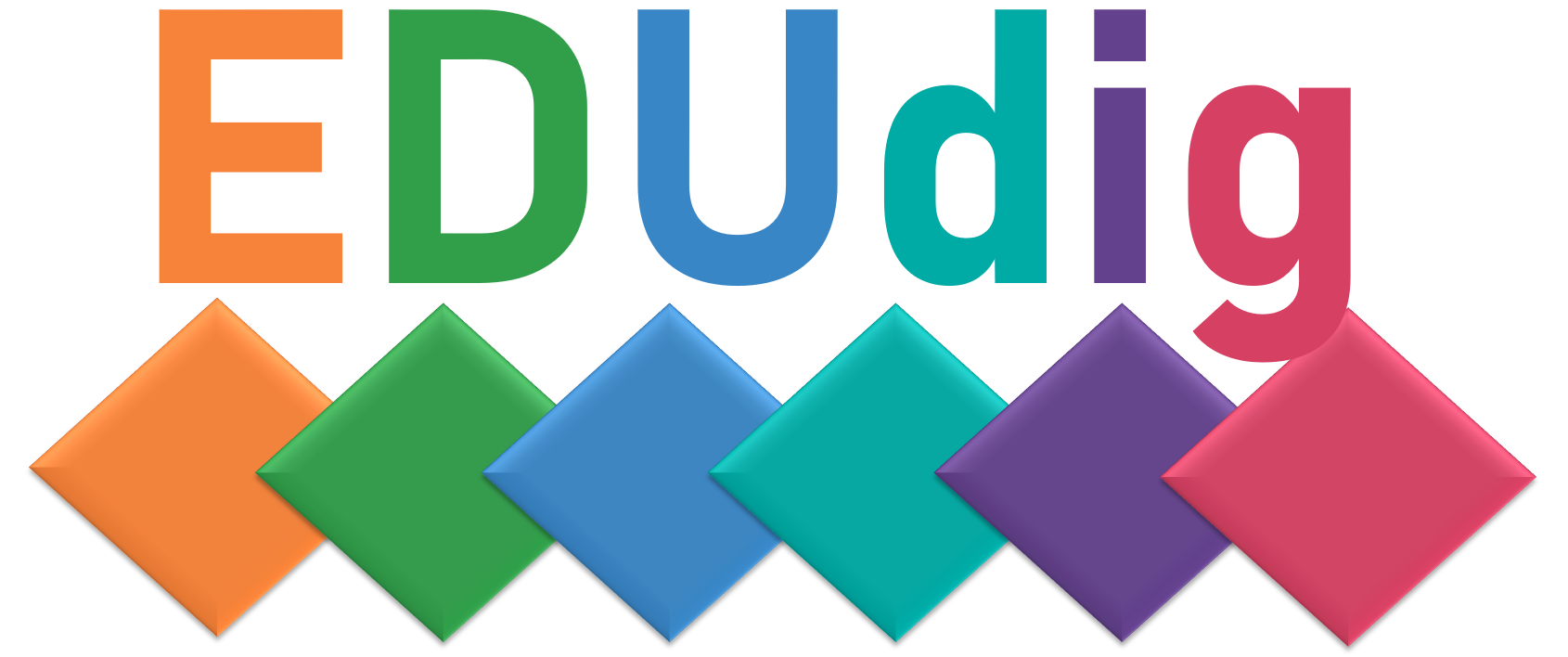Digital technologies are expected to transform educational learning settings. For example, the recent Digital Education Action Plan (2021–2027) of the European Commission (EC) states that digital education should facilitate more personalised, flexible, and student-centred teaching. These goals can be strived for by applying and experimenting with digital technologies to implement innovative pedagogical approaches.
Selected examples of innovative approaches are teaching writing with Tumblr, networking the classroom with collaborative blogs or BuddyPress, using Wikis to get students do their readings, learning on mobile platforms, teaching with Google Docs, establishing Communities of Learning Practice with YouTube, sharing research and building knowledge through Zotero, etc.
Among the available experimentation software tools are the following (choice):
BuddyPress: https://buddypress.org/
Mobile Learning Tools: https://www.edapp.com/blog/10-mobile-learning-tools/
Youtube: https://www.youtube.com/
Zotero: https://www.zotero.org/
Literature on the subject, e.g.,
Scholz, R.T., 2013, Learning Through Digital Media. Experiments in Technology and Pedagogy. The Institute for Distributed Creativity. (accessed 5 June 2022).
Røe, Y., Wojniusz, S., Bjerke, A.H. (2022). The Digital Transformation of Higher Education Teaching: Four Pedagogical Prescriptions to Move Active Learning Pedagogy Forward. Frontiers in Education, 6:784701. doi: 10.3389/feduc.2021.784701
